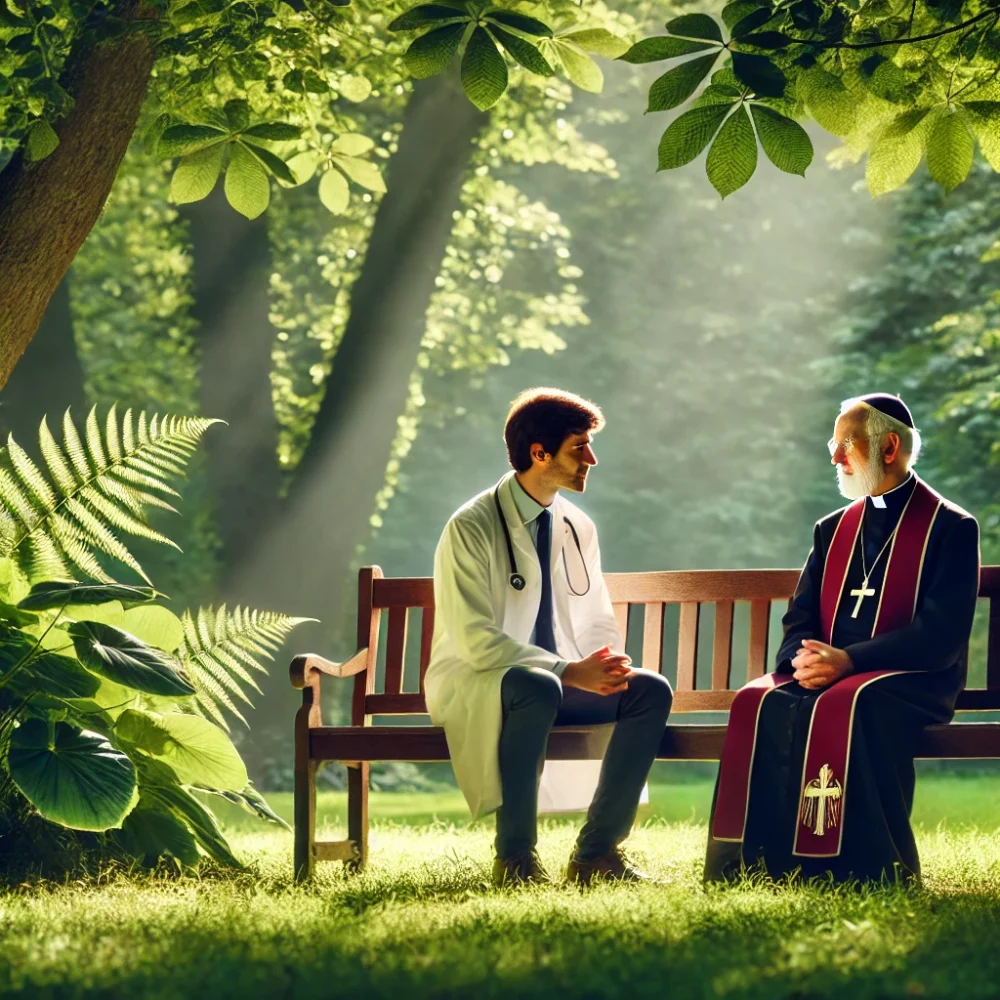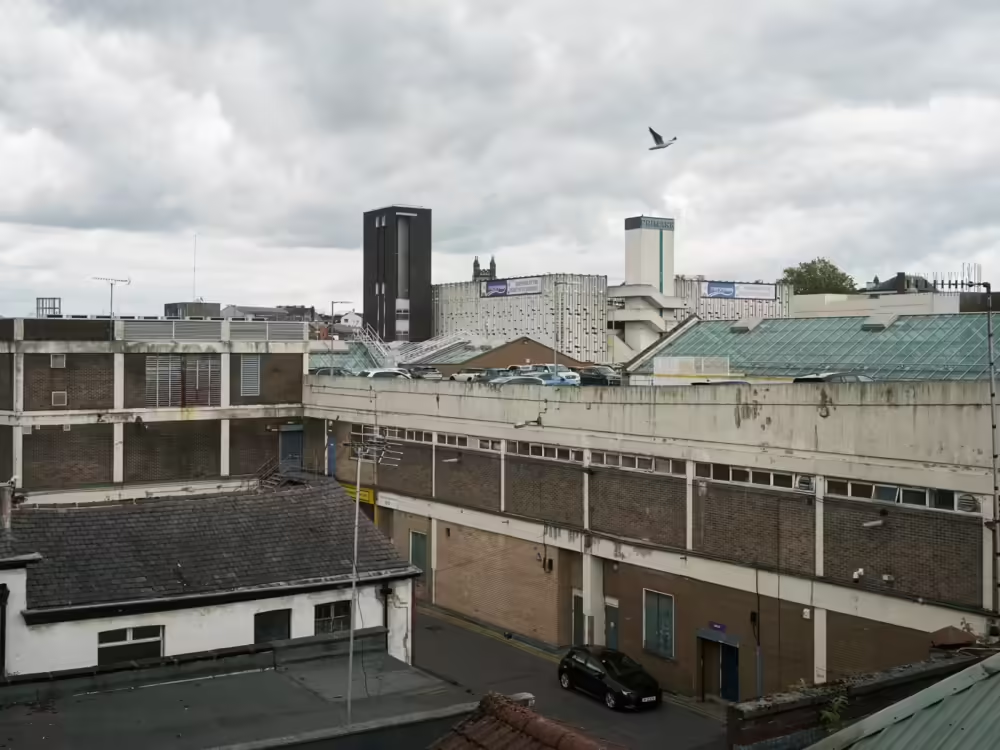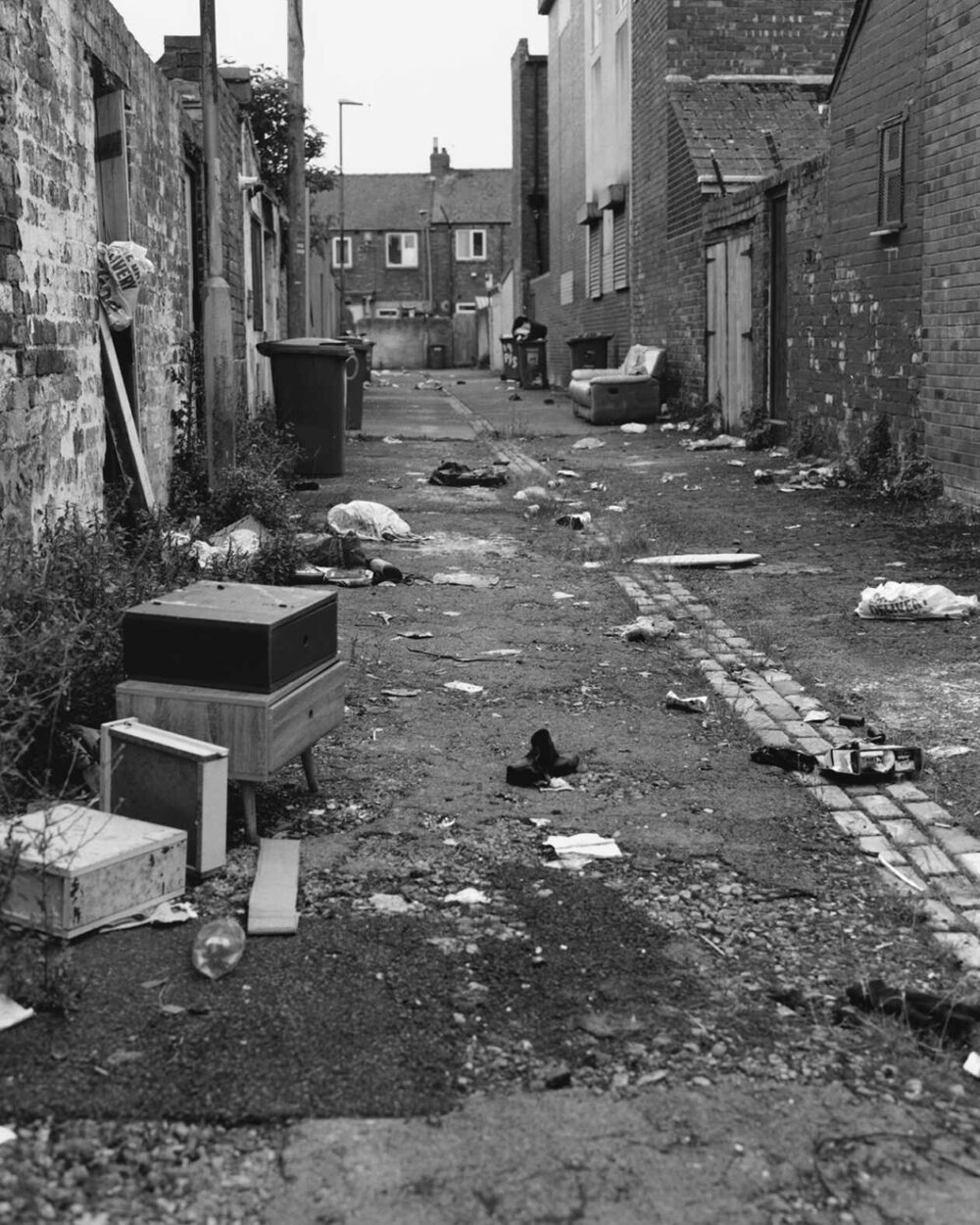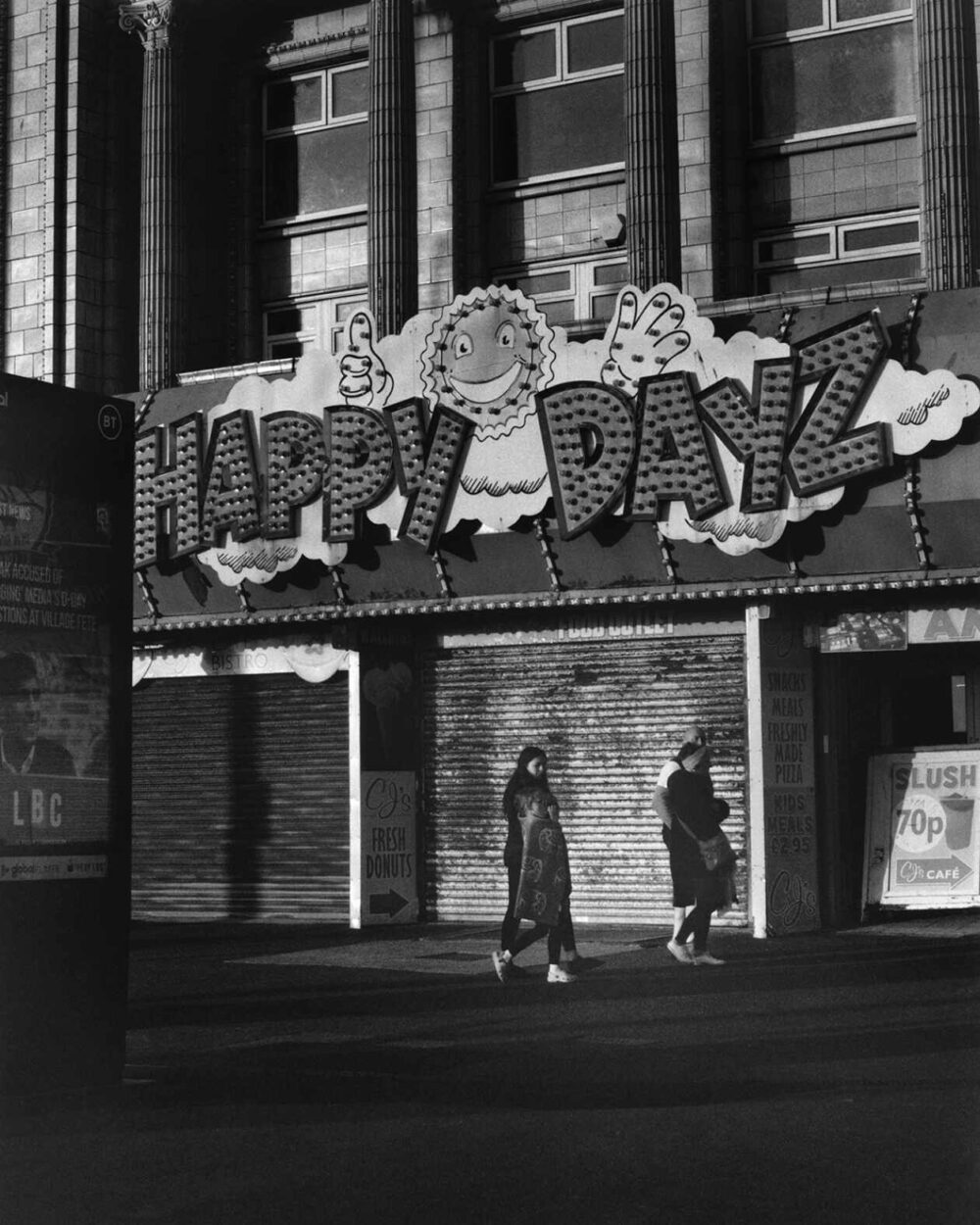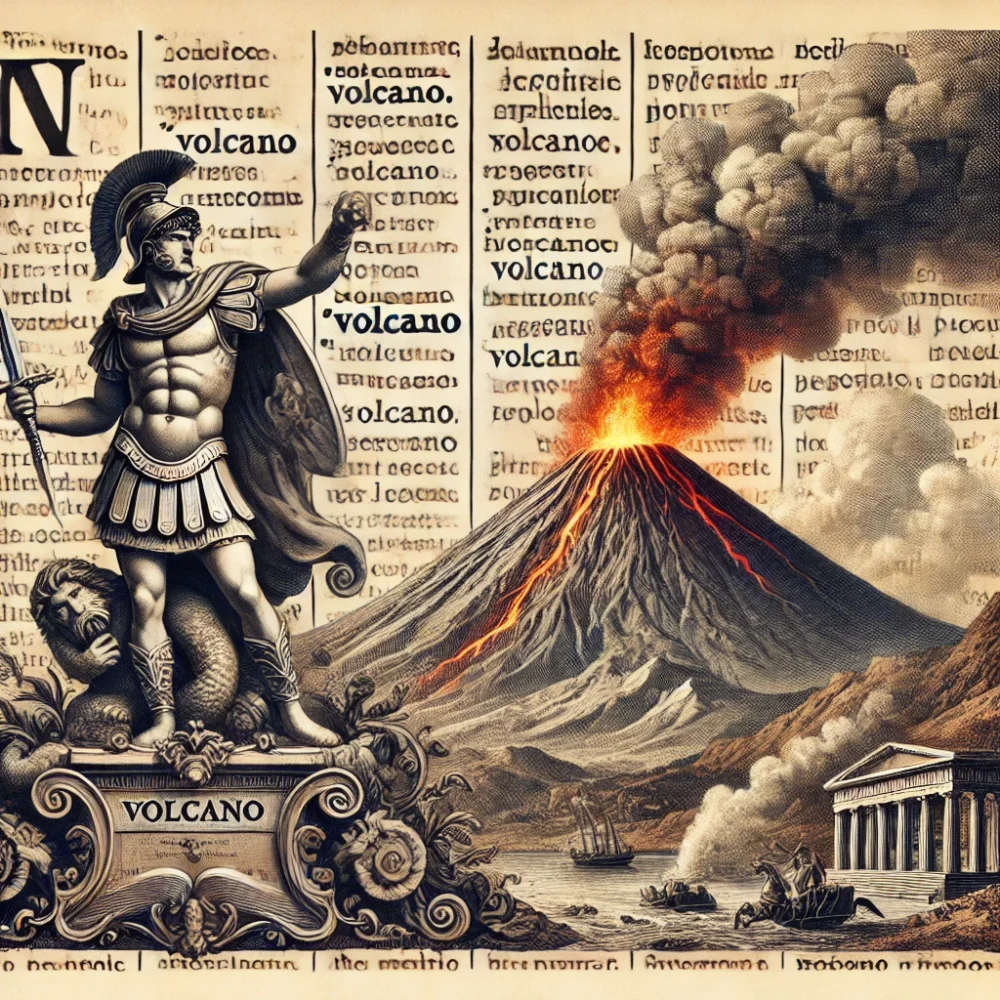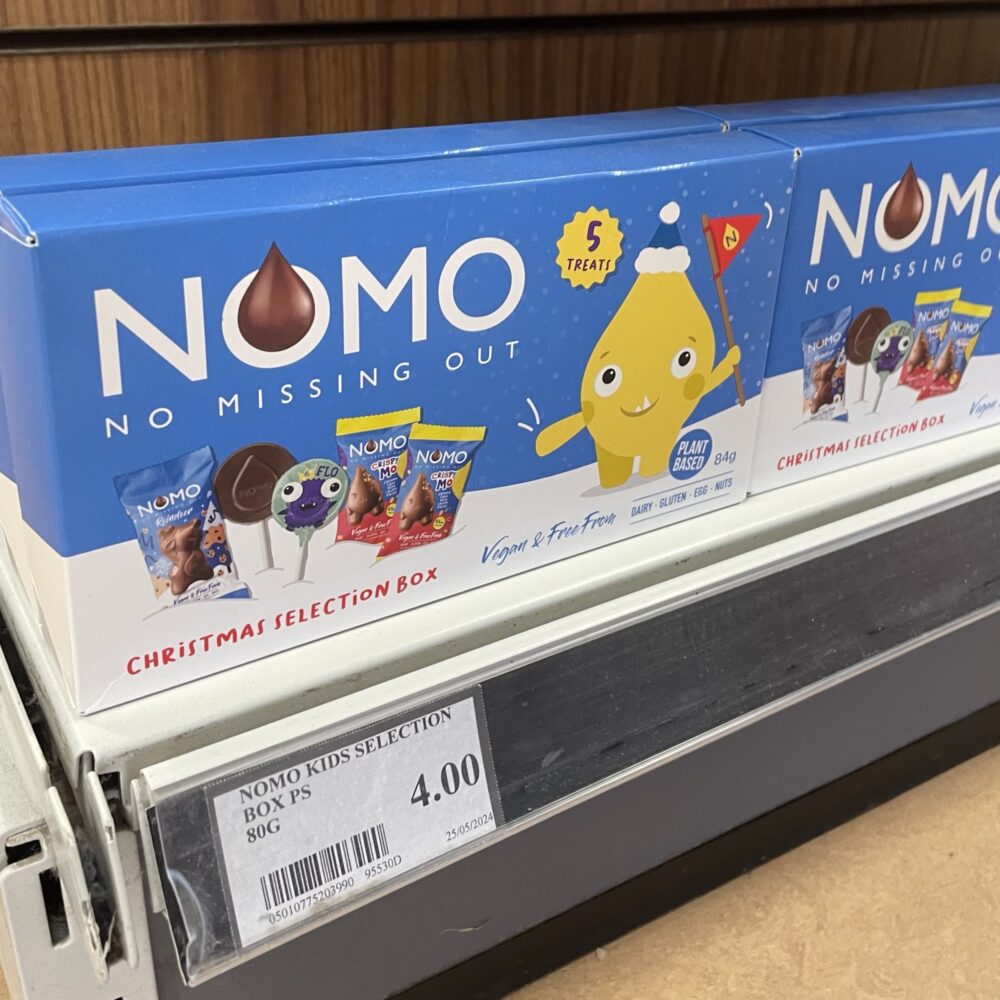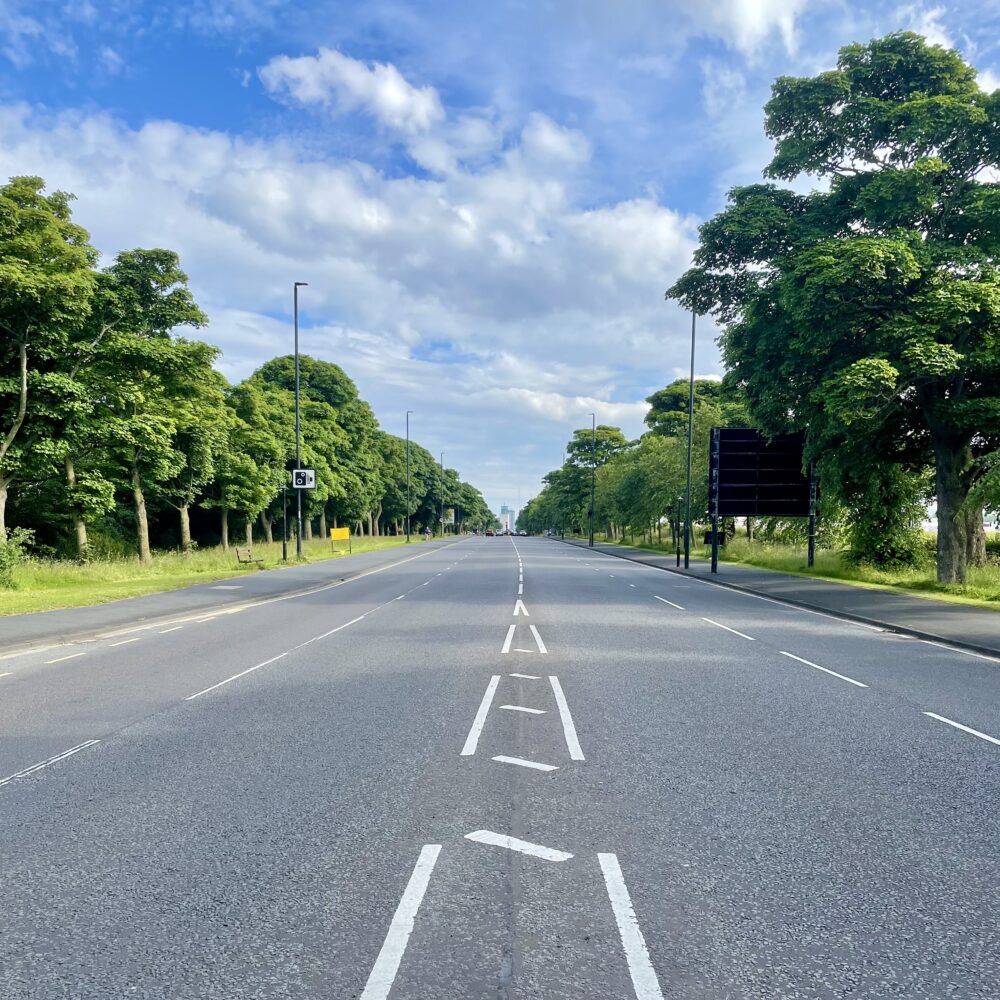‘The Problem with My Normal Penis’ by Obioma Ugoala
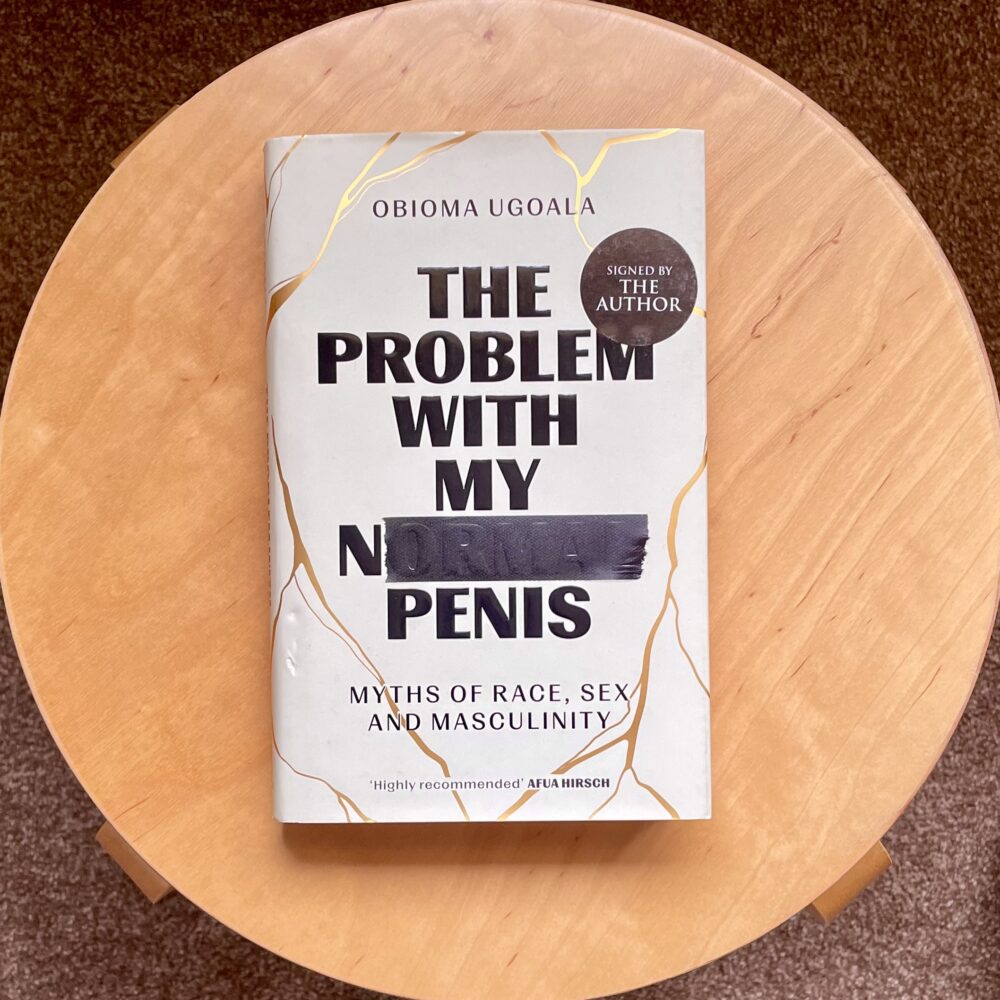
As you can see, I bought this book by renowned actor Obioma Ugoala when it was first released; it has since been re-released with the much better title The Making of a Man. It is a memoir focusing on Ugoala’s experiences of racism and sexism in his life and career, along with reflections on the complexities of masculinity. It’s also an argument for change, and a challenge to us all to improve society.
There was much in Ugoala’s account that I found shocking. For example, we’re of a broadly similar age, and it is astonishing to me that someone growing up at the same time as me could have been the victim of openly racist remarks from his teachers. It opened my eyes, as did many of the experiences that followed. His account of being told, as part of his upbringing, that ‘racism is not your fault, but it’s going to be your challenge’ was deeply moving—and to hear that having this sort of conversation is a ‘standard’ part of childhood for black children in the UK is heartbreaking.
And yet, the thing that struck me most about this book was Ugoala’s capacity for forgiveness. He talks about forgiving his teachers, for example, and explains repeatedly how he does not blame many of those who have demonstrated terrible behaviour towards him. His deep-rooted belief in the need to improve society, to tackle problems systemically and at a population level, results in an inspiring and superhuman ability to avoid pouring opprobrium on individuals. I found it extraordinary, and I can only aspire to his capacity.
This was an inspiring and insightful read, perhaps even uplifting, albeit one that reveals some deep-seated problems in our society.
This post was filed under: What I've Been Reading, Obioma Ugoala.

